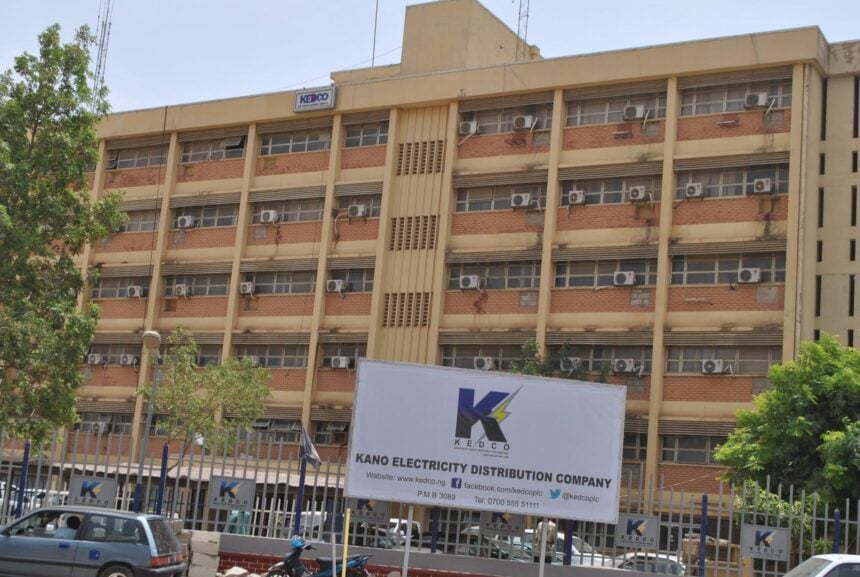Developers within the construction industry have expressed dissatisfaction with the recent agreement between the Federal Government and cement manufacturers regarding the price of cement. The parties agreed to reduce the price to a range of N7,000 to N8,000, prompting criticism from industry leaders.
In an exclusive interview with The Media Talk Africa, Dr. Aliyu Wamakko, President of the Real Estate Developers Association of Nigeria, voiced concerns about the adverse impact of this reduction on the economy. He highlighted the pivotal role of cement in construction and questioned the need for the price to exceed N5,000, emphasizing its detrimental effect on the country’s housing deficit.
Wamakko emphasized that a price of N8,000 would lead to a proliferation of incomplete building projects across the country and called for a significant reduction to N5,000 to facilitate meaningful progress in addressing the housing shortage.
Similarly, Toye Eniola, the Executive Secretary of the Association of Housing Corporation in Nigeria, condemned the negotiation, stating that the proposed prices would further exclude low-income individuals from accessing housing. Eniola advocated for a shift towards utilizing local building materials, such as interlocking blocks, to reduce costs.
Sola Enitan, the Chief Executive Officer of Cromwell Professional Services International Limited, echoed these sentiments, expressing skepticism about the benefits of the price reduction and predicting a potential rise in rents due to constraints on housing construction.
Jide Odusolu, CEO of Octo5 Holdings, scrutinized BUA Cement’s earlier pledge to lower prices and advocated for greater government involvement in providing affordable housing for low-income earners.
Meanwhile, the cement manufacturers cited challenges such as gas shortages, import duties, smuggling, and inadequate road networks as factors influencing the pricing decision, and urged the government to address these issues.
The discontent among developers underscores the complexities and implications of pricing decisions within the construction industry, raising urgent questions about affordability, accessibility, and the future of housing in Nigeria.



